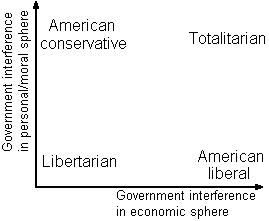Well, that depends on what you want to define as "legitimate" and "stuff the regular media won't report".
I personally read Al Jazeera when I'm looking for a non-western standpoint. I read the BBC fairly regularly, but I get most of my news from the CBC (and my American politics from politicalwire.com, which is, for my money, the finest American political blog there is). When I feel like reading American sources, I usually check out the WaPo or the NYT. Boston Globe is a good newspaper, too.
That being said...most "alternative" news sources have a purpose. They're selling something. This is the same for bullshit fake news and biased sites on the right, like Drudge Report and Breitbart, as it is for bullshit fake news and biased sites on the left, like Politicus. There's some news sources that are very obviously biased, such as Fox News on one side, and say, the Huffington Post on the other. But "alternative" news is the same bullshit as "alternative" medicine. Anyone can break the news. The fucking National Enquirer has broken major news stories before. There's a word we use to describe "alternative sources that provide actual newsworthy stories". It's called "the news".
I personally read Al Jazeera when I'm looking for a non-western standpoint. I read the BBC fairly regularly, but I get most of my news from the CBC (and my American politics from politicalwire.com, which is, for my money, the finest American political blog there is). When I feel like reading American sources, I usually check out the WaPo or the NYT. Boston Globe is a good newspaper, too.
That being said...most "alternative" news sources have a purpose. They're selling something. This is the same for bullshit fake news and biased sites on the right, like Drudge Report and Breitbart, as it is for bullshit fake news and biased sites on the left, like Politicus. There's some news sources that are very obviously biased, such as Fox News on one side, and say, the Huffington Post on the other. But "alternative" news is the same bullshit as "alternative" medicine. Anyone can break the news. The fucking National Enquirer has broken major news stories before. There's a word we use to describe "alternative sources that provide actual newsworthy stories". It's called "the news".


